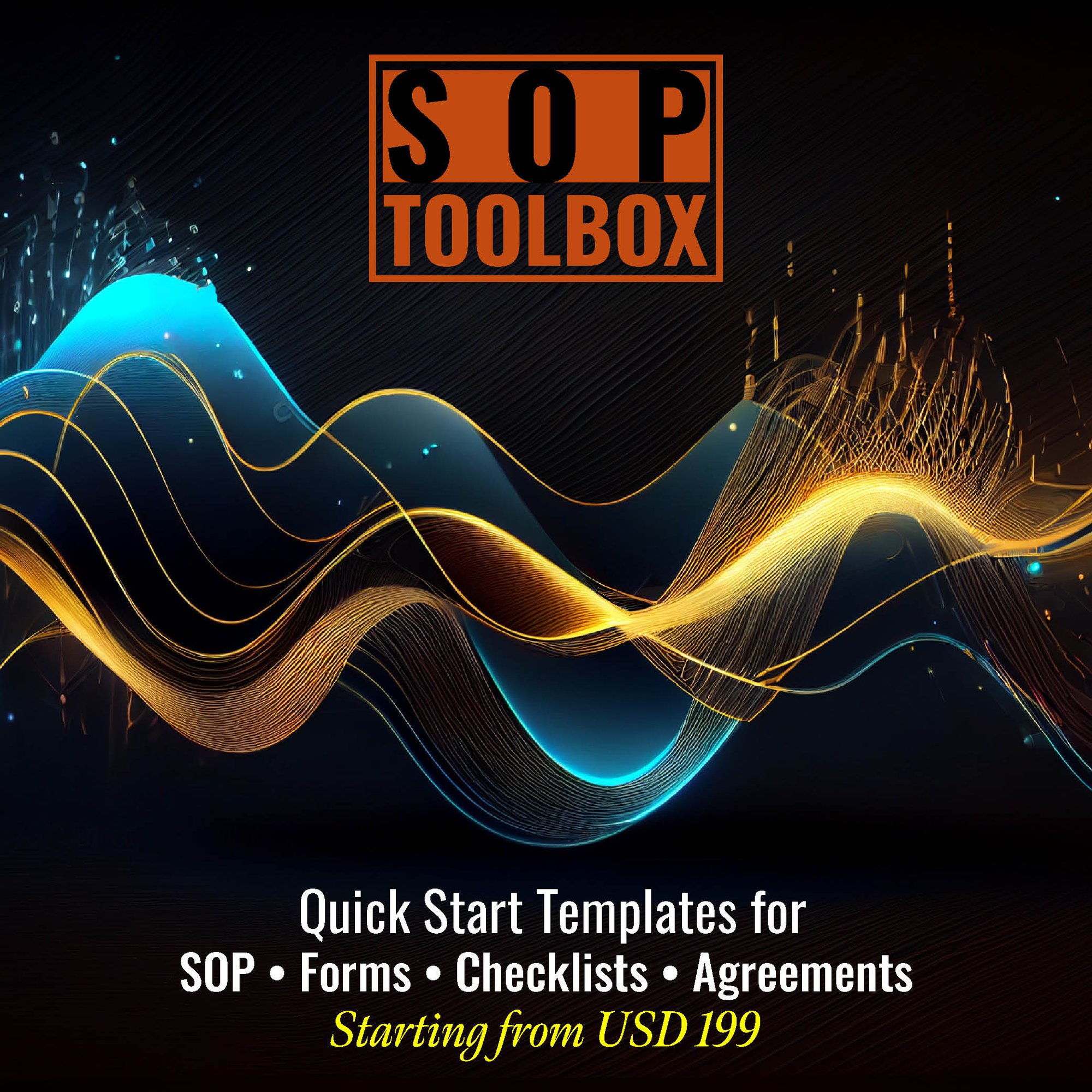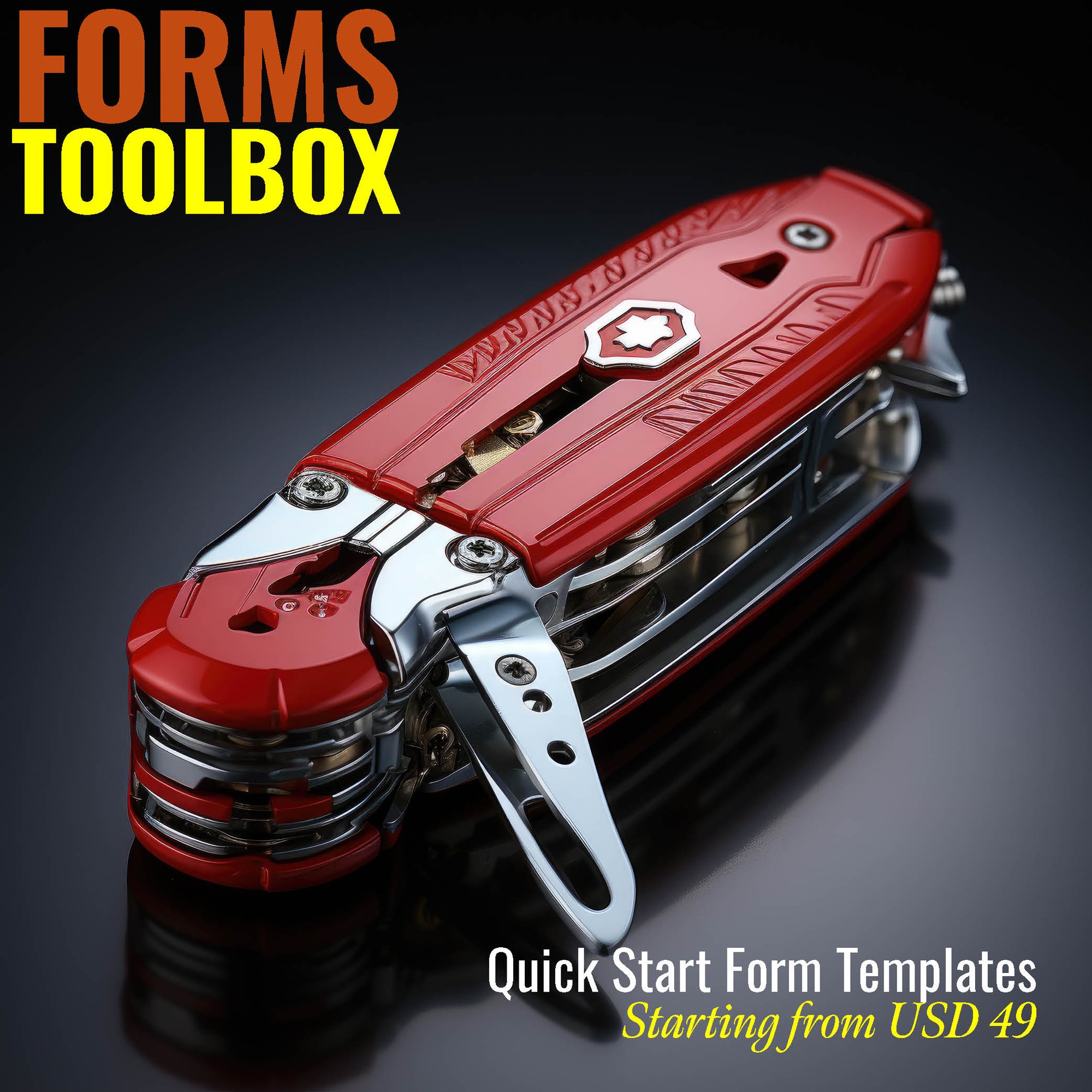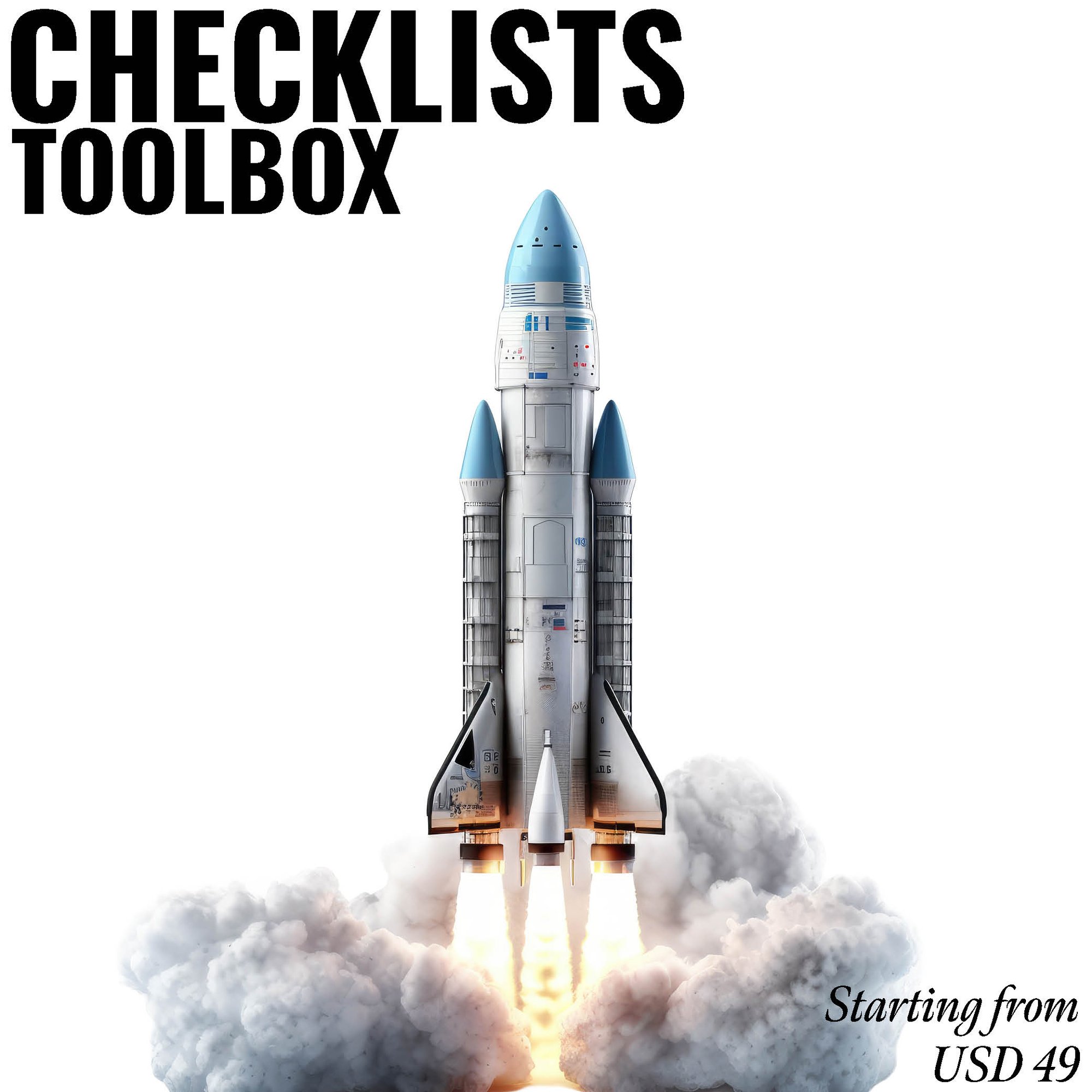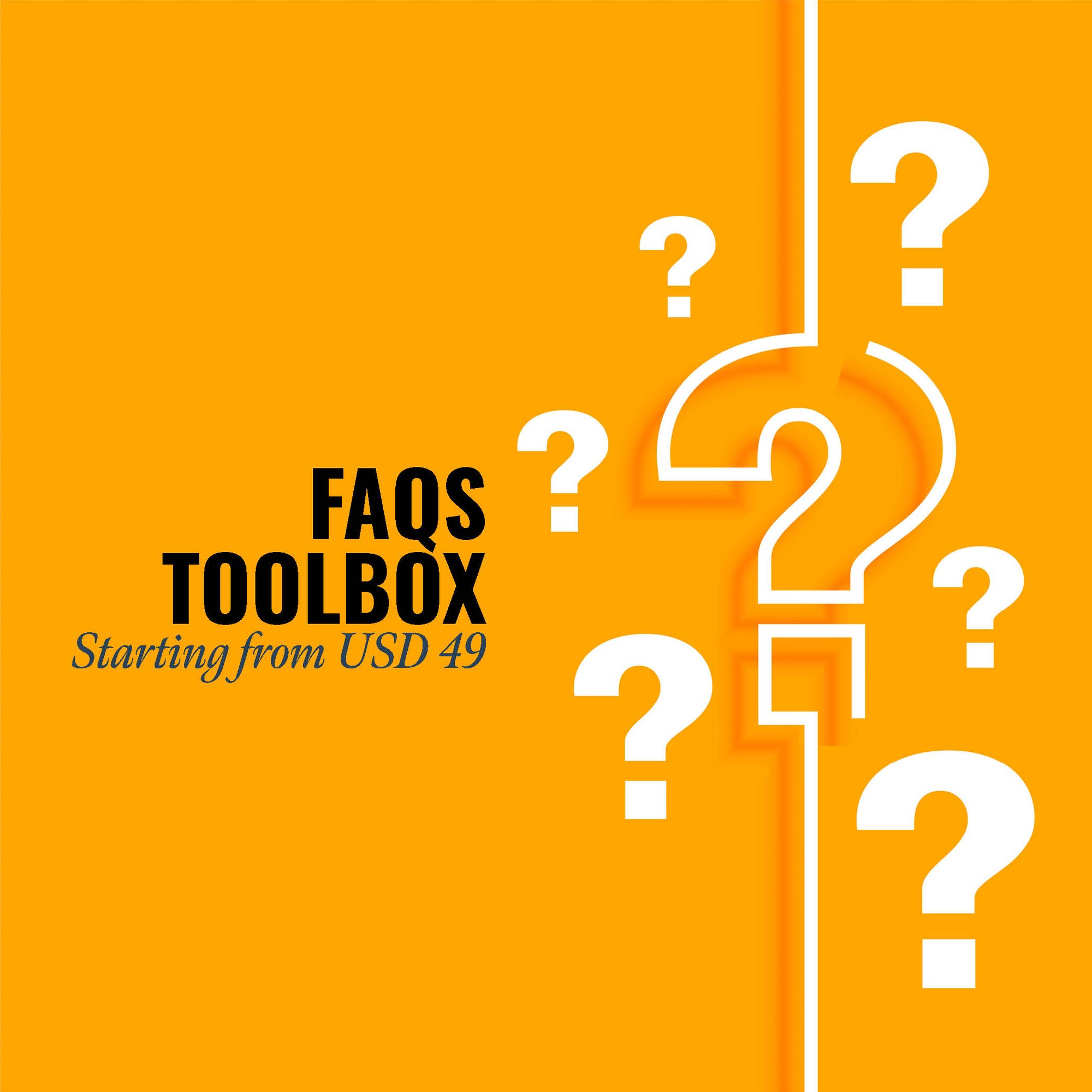Agreements play a crucial role in the Tire Re-treading industry, encompassing various aspects that are essential for the efficient and sustainable operation of this sector. Tire Re-treading involves the process of renewing worn-out tires by replacing the tread and other worn parts to extend their lifespan and usability. One of the key areas where agreements are vital is in quality standards. Agreements define the specific quality parameters that re-treaded tires must meet, ensuring they adhere to safety regulations and perform reliably on the road. These standards cover aspects such as tread depth, material quality, bonding methods, and overall durability.
Materials sourcing agreements are also critical. They establish relationships with suppliers for obtaining high-quality rubber compounds, tread patterns, adhesives, and other materials necessary for re-treading tires. These agreements ensure a steady supply of materials that meet industry standards and contribute to the durability and performance of re-treaded tires.
Agreements related to production processes outline the methods, equipment, and techniques used in tire re-treading. They cover aspects like vulcanization processes, curing times, inspection procedures, and quality control measures to maintain consistency and efficiency in production.
Distribution agreements are another essential aspect. They define how re-treaded tires are marketed, sold, and distributed to end-users, including commercial fleets, transportation companies, and individual vehicle owners. These agreements address pricing, delivery schedules, warranties, and customer support, ensuring a seamless supply chain from re-treading facilities to end-users.Overall, agreements in Tire Re-treading are instrumental in upholding quality standards, securing reliable materials, optimizing production processes, and ensuring effective distribution, all of which are vital for the success and sustainability of this industry.
List of Top 50 Agreements for Tire Re-treading
1. AGT-825-001 Quality Standards Agreement
2. AGT-825-002 Materials Sourcing Agreement
3. AGT-825-003 Production Process Agreement
4. GT-825-004 Distribution Agreement
5. AGT-825-005 Supplier Contract
6. AGT-825-006 Warranty Agreement
7. AGT-825-007 Service Level Agreement (SLA)
8. AGT-825-008 Equipment Lease Agreement
9. AGT-825-009 Maintenance Agreement
10. AGT-825-010 Safety Agreement
11. AGT-825-011 Environmental Compliance Agreement
12. AGT-825-012 Quality Control Agreement
13. AGT-825-013 Inspection Agreement
14. AGT-825-014 Training Agreement
15. AGT-825-015 Pricing Agreement
16. AGT-825-016 Payment Terms Agreement
17. AGT-825-017 Non-Disclosure Agreement (NDA)
18. AGT-825-018 Intellectual Property Agreement
19. AGT-825-019 Partnership Agreement
20. AGT-825-020 Subcontracting Agreement
21. AGT-825-021 Compliance Agreement
22. AGT-825-022 Regulatory Agreement
23. AGT-825-023 Transport Agreement
24. AGT-825-024 Insurance Agreement
25. AGT-825-025 Advertising Agreement
26. AGT-825-026 Marketing Agreement
27. AGT-825-027 Branding Agreement
28. AGT-825-028 Customer Agreement
29. AGT-825-029 Supply Chain Agreement
30. AGT-825-030 Logistics Agreement
31. AGT-825-031 Procurement Agreement
32. AGT-825-032 Risk Management Agreement
33. AGT-825-033 Emergency Response Agreement
34. AGT-825-034 Conflict Resolution Agreement
35. AGT-825-035 Dispute Settlement Agreement
36. AGT-825-036 Collaboration Agreement
37. AGT-825-037 Joint Venture Agreement
38. AGT-825-038 Technology Agreement
39. AGT-825-039 Research Agreement
40. AGT-825-040 Development Agreement
41. AGT-825-041 Innovation Agreement
42. AGT-825-042 Partnership Development Agreement
43. AGT-825-043 Financial Agreement
44. AGT-825-044 Investment Agreement
45. AGT-825-045 Funding Agreement
46. AGT-825-046 Loan Agreement
47. AGT-825-047 Credit Agreement
48. AGT-825-048 Debt Agreement
49. AGT-825-049 Collaboration Framework Agreement
50. AGT-825-050 Performance Agreement 















